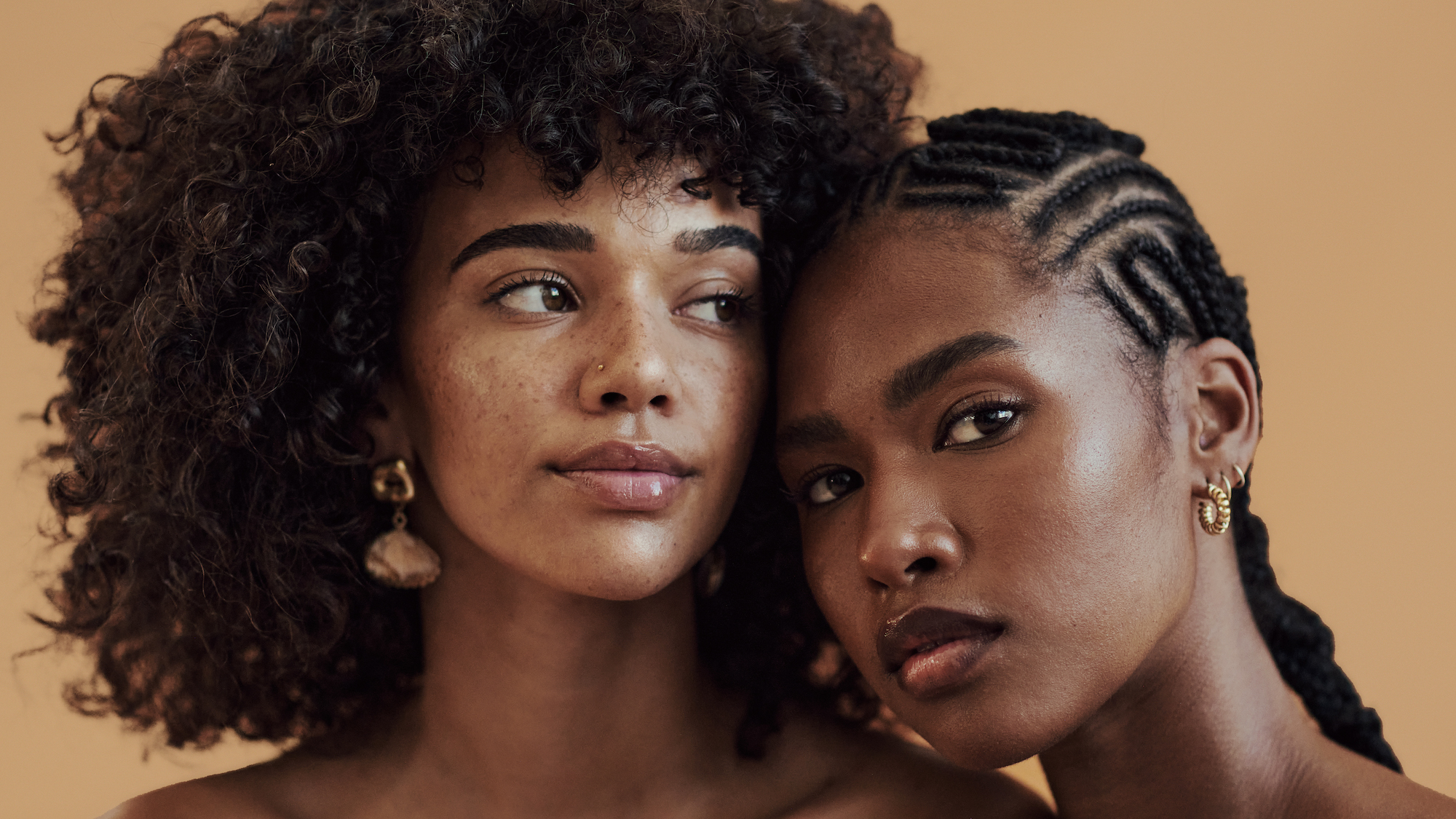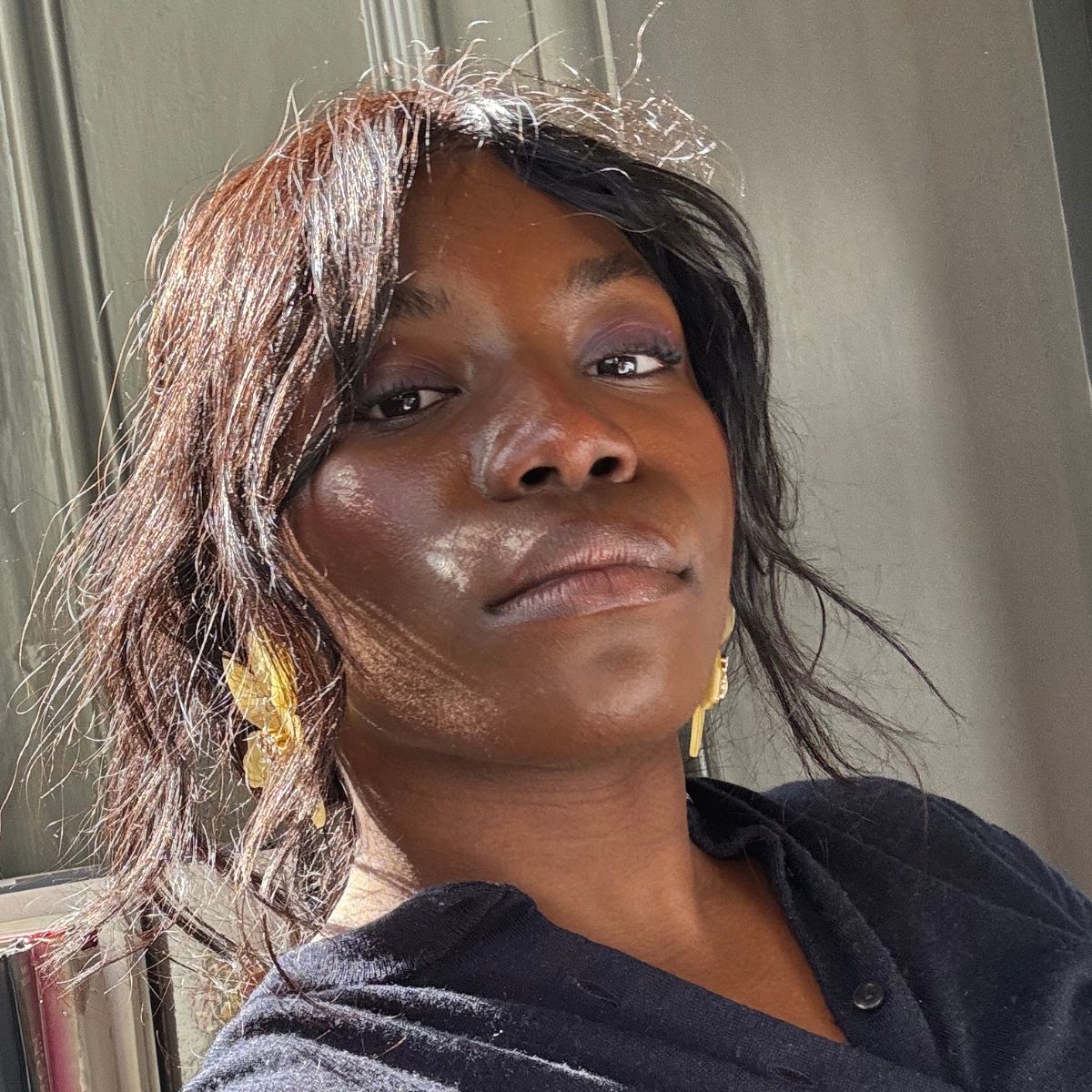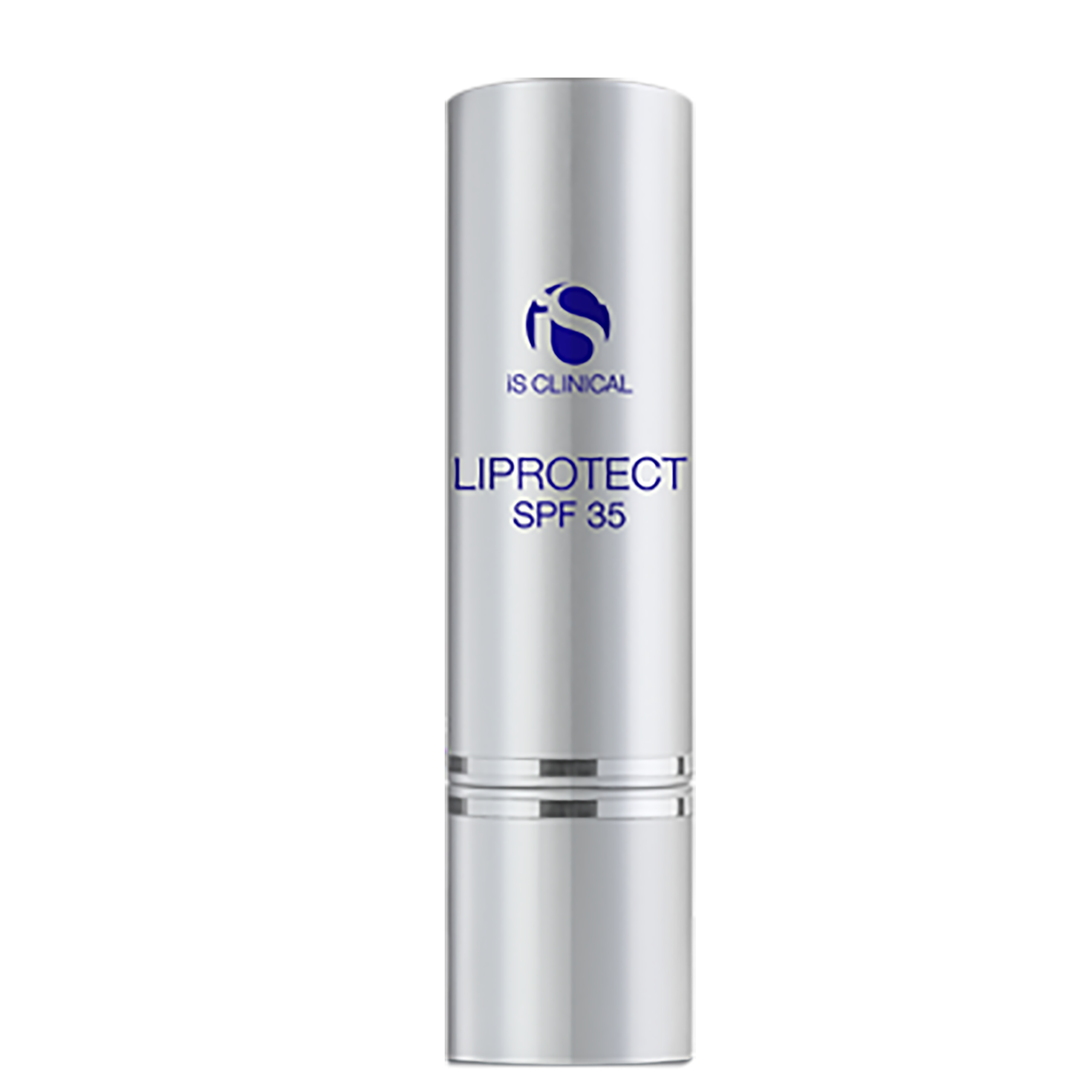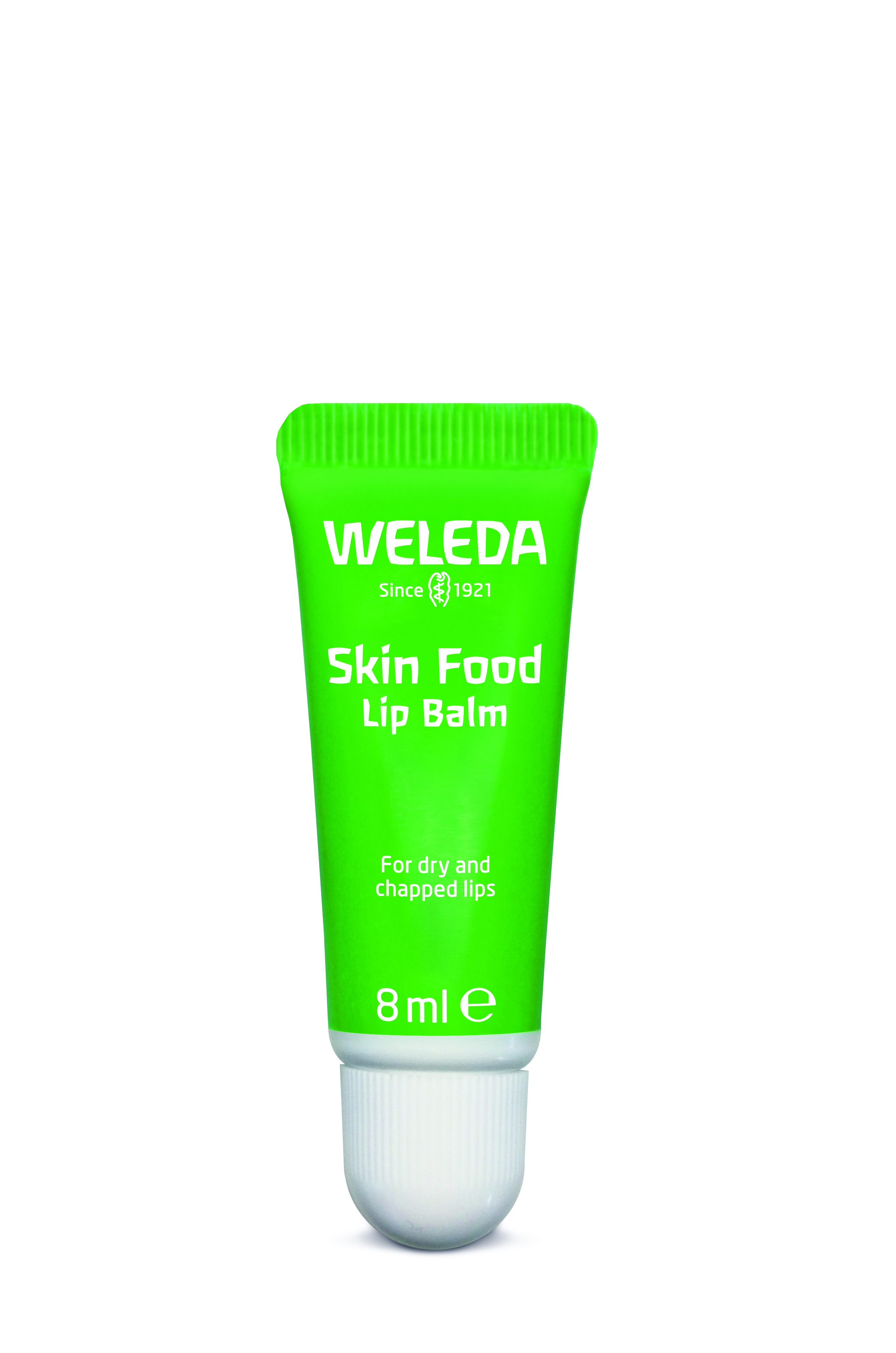Lip Oils Turned My Lips 'Black'—These Product Helped Reverse The Effects
Hyperpigmentation happens


Celebrity news, beauty, fashion advice, and fascinating features, delivered straight to your inbox!
You are now subscribed
Your newsletter sign-up was successful
For most people with a darker skin tone, dealing with hyperpigmentation is simply a common reality. The post-breakout dark spot that takes a few weeks to fade into your skin, the ‘beard’ that appears when you’ve been less than meticulous with your SPF reapplication. It's a skin concern that as a beauty writer, I've learned to combat with a combination of skin cycling and being proactive about avoiding aggressors that trigger dark spots and patches.
Whittling down the best products and working with my skin’s natural rhythm is one thing. However, when a mixture of sunburn and liberal lip oil usage resulted in discolouration on my lips—a dark hue that even failed to subside in time for photos at my sister’s wedding—I found myself stumped. Some people may experience this lip darkening after using certain lip oils—this is often down to allergic reactions, irritation, or increased sun sensitivity. But, in darker skin tones, post-inflammatory hyperpigmentation is the likely culprit.
And while scouring the internet for tips and tricks to tackle discolouration, I soon realised that this post-inflammatory hyperpigmentation was an issue for many black women. From people dealing with the results of using lip oils to sunburn victims, there were scores of people also dealing with the same skin concern and, more importantly, struggling to treat it.
Thanks to the knowledge I've gained during my time as a beauty journalist, I was able to reverse the effect of post-inflammatory hyperpigmentation on my lips with a mixture of SPF sticks and gentle exfoliation. However, according to aesthetic doctor Dr Priya Verma and founder of Marylebone Skin, Dr Catharine Denning, there are a few things to keep in mind when attempting to treat this reaction.
What causes hyperpigmentation on lips?

Ata-Owaji Victor with sunburned and post inflammation hyperpigmentation lips
"Hyperpigmentation on the lips can be caused by a variety of factors. Sun exposure is a common culprit, as UV rays stimulate melanin production, which can lead to dark spots. Hormonal changes, such as those experienced during pregnancy or when taking oral contraceptives, can also trigger melasma, particularly on the upper lip. Smoking is another significant factor, as tobacco use can contribute to lip discolouration over time,'' says Dr Priya Verma.
Essentially, much like the factors that can trigger hyperpigmentation on your face, discolouration on your lips is impacted by environmental factors along with genetics, especially if your skin falls between 4-6 on the Fitzpatrick Scale. It's important to note, however, that there are some differences between post-inflammatory hyperpigmentation (PIH) and regular hyperpigmentation.
"PIH typically occurs after an injury or inflammation, such as a burn, spot, or allergic reaction, causing the skin to darken as it heals. On the other hand, regular hyperpigmentation, which includes conditions like melasma or sunspots, develops due to factors like prolonged sun exposure, ageing, or hormonal fluctuations, without any preceding skin trauma. Both forms of pigmentation can affect the lips."
How does this reaction differ across skin tones?

Ata-Owaji Victor months after post inflammation hyperpigmentation on her lips
Contrary to the biggest myth surrounding darker skin tones, it is possible to suffer from sunburn no matter how much melanin you have, including burns on your lips.
Crucially, explains Dr Verma, because "the skin on the lips is thinner and contains less melanin, it's actually very vulnerable to UV damage. Without proper protection, prolonged exposure to the sun can cause sunburn, which can lead to pigmentation changes over time." As such, "It’s important to use SPF on the lips just as you would for the rest of your face and body."
Founder of Marylebone Skin, Dr Catharine Denning, also adds that "people with darker skin tones are generally more prone to post-inflammatory hyperpigmentation"
And ever felt like your dark spots and discolouration take ages to fade? Well, Dr Denning explains that it's far from in your head. "Pigmentation [on people with darker skin tones] lasts longer and can appear more intense. This is unlike those with lighter skin tones, who may be more sensitive to redness and burns, but their discolouration tends to fade more quickly." So to stave off any form of hyperpigmentation, "it's important that people with darker skin tones opt for tailored treatment plans, which should be tailored accordingly to avoid causing further pigmentation changes or irritation." she adds.
When should you seek professional advice for darkened lips?

Ata-Owaji Victor, one year after Post Inflammatory Pigmentation
"It’s important to seek professional advice if you notice that the pigmentation on your lips is persistent and doesn’t improve with over-the-counter treatments," says Dr Verma. Be mindful, however, if you notice any darkening of the lips happens suddenly without any clear cause, or if it’s accompanied by other symptoms like swelling, pain, or changes in texture. Then, it's best to consult a professional," notes the GP.
Additionally, "If you have a family history of oral cancer or other serious conditions, it’s a good idea to seek medical advice [when noticing any darkening not triggered by PIH]. Early consultation can help determine the underlying cause and allow for the most effective treatment to be implemented."
How can you reverse the effects?
Much like the product approach I used to reverse the effects of hyperpigmentation, Dr Denning advises that you should first "identify the cause of the discolouration, then use lip SPF daily. It's essential to protect against further sun-induced pigmentation as soon as you can, whilst also hydrating the lips with soothing, barrier-repairing ingredients that help restore skin health."
To treat the hyperpigmentation, Denning suggests using "a resurfacing retinol like Obagi’s new Retinol + PHA Refining Night Cream. It offers a gentle alternative to brighten the appearance of hyperpigmentation around the lip area overnight. However, in more stubborn cases, your dermatologist might suggest chemical peels or laser treatments."
Although it's been almost a year since my experience with post-inflammatory hyperpigmentation, it's unlikely that you'll ever see me without an SPF lip balm during summer. For anyone currently suffering from PIH, scroll for some of the products that worked for me, along with some doctor-approved picks.
Best products for post-inflammatory hyperpigmentation
1. iS Clinical Liprotect Spf 35
If you're looking for a tried and tested option for sun protection that can take you through those high UV days, this option from iS Clinical is a great one. Oh, and their two-step peel is one that I've kept in my hyperpigmentation rotation for years.
2. Weleda Skin Food Lip Butter
This product combines intensively nourishing Sunflower Seed Oil, along with Chamomile, Calendula and Pansy extracts, in order to create the best affordable hydration option for anyone in need of moisture post-irritation. Crucially its gentle formula makes it safe for sensitive skin types, so if your PIH is triggered by allergies this is the option for you.
3. Jane Iredale Lipdrink® Lip Balm Spf 15
After using LED and exfoliation to help improve discolouration, it's important to not only protect your lips with SPF during the weeks or months of sensitivity but to also have a solid option for everyday use. This SPF 15 balm from Jane Ireland is a great option for an on-the-go lip balm that will help protect your lips from another flare-up.
4. Dr Dennis Gross Skincare DRx Spectralite LipWare Pro Device
At-home tech is a great way to bridge the gap between in-clinic appointments. This LED lip mask from Dr Dennis Gross uses precision wavelengths to help even out tonal irregularities. It's excellent for treating hyperpigmentation on lips.
5. Obagi Retinol + Pha : Refining Night Cream
Getting your lips hydrated and protected after any inflammation is one thing, but in order to tackle discolouration left by the reaction requires calling in the big (but gentle) guns.
6.S'able Labs Moringa Lip Salve
Shallow as it might seem, one of the biggest challenges I faced when dealing with PIH was the number of times I still wanted my lips to have a "glossy" finish. If, like me, you need a happy compromise, then this hydrating salve from S'able has got you covered.
Celebrity news, beauty, fashion advice, and fascinating features, delivered straight to your inbox!

Ata-Owaji Victor is a lifestyle and beauty writer and editor whose work has appeared across titles like Refinery29, Elle UK and British Vogue. She has a keen eye for all things Afro haircare (which she frequently samples on her 4C coils), beauty tech and innovation.





